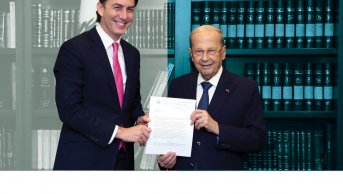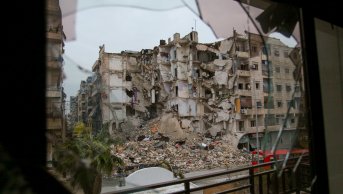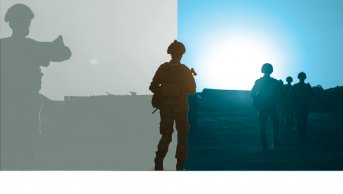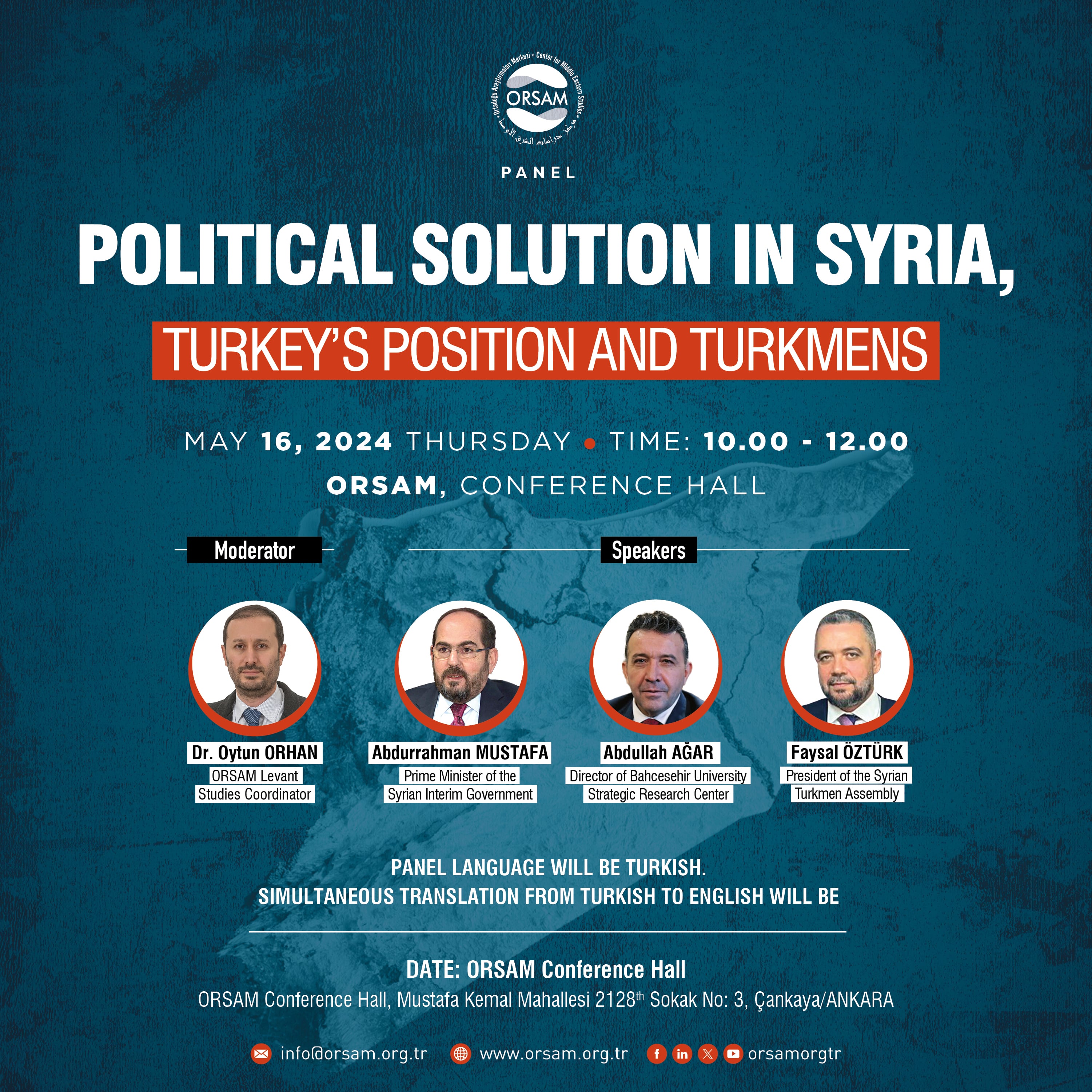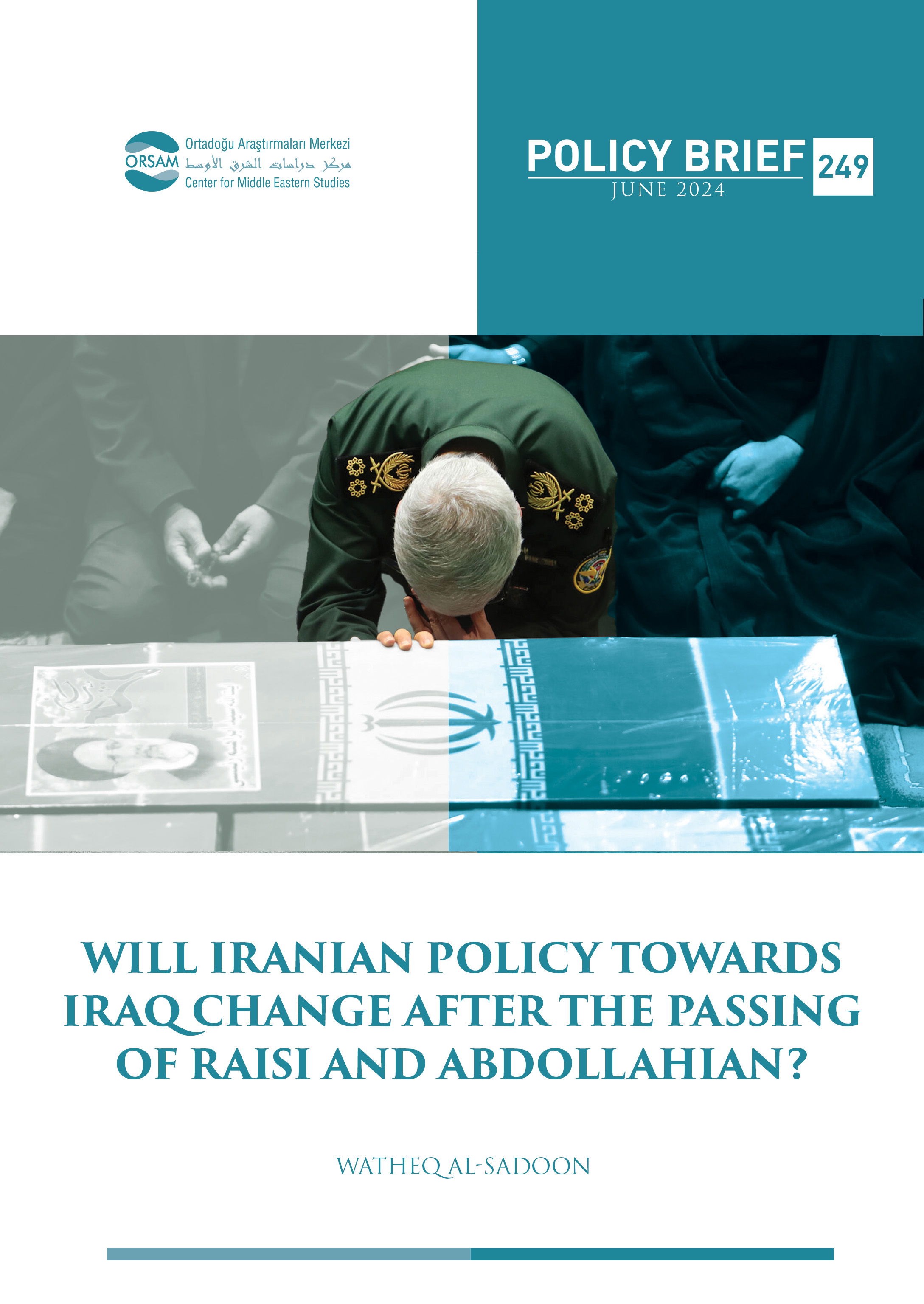The Syrian Regime is on Trial: The Koblenz Court Process
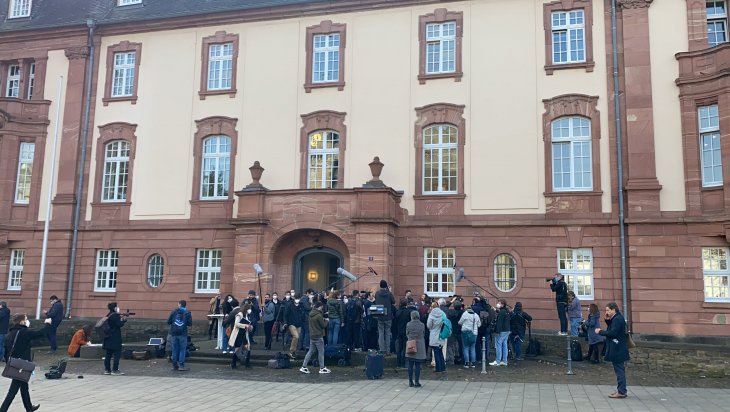
It has been a decade since the protests in Syria began. During this period, more than half a million Syrians lost their lives, many more were injured, and millions more suffered. While the human tragedy is beginning to come to light in all its dimensions, the fact that those who have caused this situation are not accountable before the judiciary draws the reaction of the international public as well as the victims. At this point, applications made to the International Criminal Court (ICC) have remained largely inconclusive. After the ICC failed to get results, Germany, which hosts the most Syrian refugees in Europe, has decided to bring the crimes committed by the al-Assad regime to the judiciary by using its universal jurisdiction. The trial of Eyad al-Gharib and Anwar Raslan, who were determined to have worked for the al-Assad regime intelligence during their stay in Syria, started in the Koblenz State Supreme Court in April 2020. The case of Eyad al-Gharib was concluded and sentenced in February 2021. This decision taken in Koblenz strengthened the expectations that war and crimes against humanity committed in Syria will not go unpunished.
The Eyad al-Gharib and Anwar Raslan Trials
Eyad al-Gharib immigrated to Germany from Syria in 2018. It was determined by German authorities that al-Gharib was working for the Syrian regime intelligence and was arrested about a year after he arrived in the country. The confessions of the defendant proved that al-Gharib detained at least 30 activists during the public protests against the regime that started in 2011 and took them to the prison where they were tortured. As there is no doubt about the evidence, the Koblenz State Supreme Court sentenced al-Ghraib to 4.5 years in prison on February 24, 2021, for helping to commit crimes against humanity. This case is the first in the world to prosecute members of the al-Assad regime for crimes against humanity.
Although the trial of al-Ghraib, an ordinary intelligence officer of the regime, is the first case, it can be said that it will be a foreshadowing of larger cases. The court process of the defendant Anwar Raslan, who was arrested in Berlin in 2019 and thought to be one of the high-level intelligence officers of the regime, continues and Raslan is being tried for crimes against humanity as well as rape and murder. It is stated that Raslan, one of the senior officers of the Syrian intelligence Al-Mukhabarat, was in charge of the Al-Khatib Prison in Damascus in 2011-2012. The Al-Katib Prison has been described as "the hell in the world." Raslan’s case is expected to continue until October 2021. Raslan, who is suspected of supervising the torture of at least 4 thousand people, is held responsible for the deaths of 58 people. Raslan is expected to be sentenced to life imprisonment if all these allegations are proven. Since these two cases are precedents, they may bring along a judicial remedy for all members of the regime involved in crime.
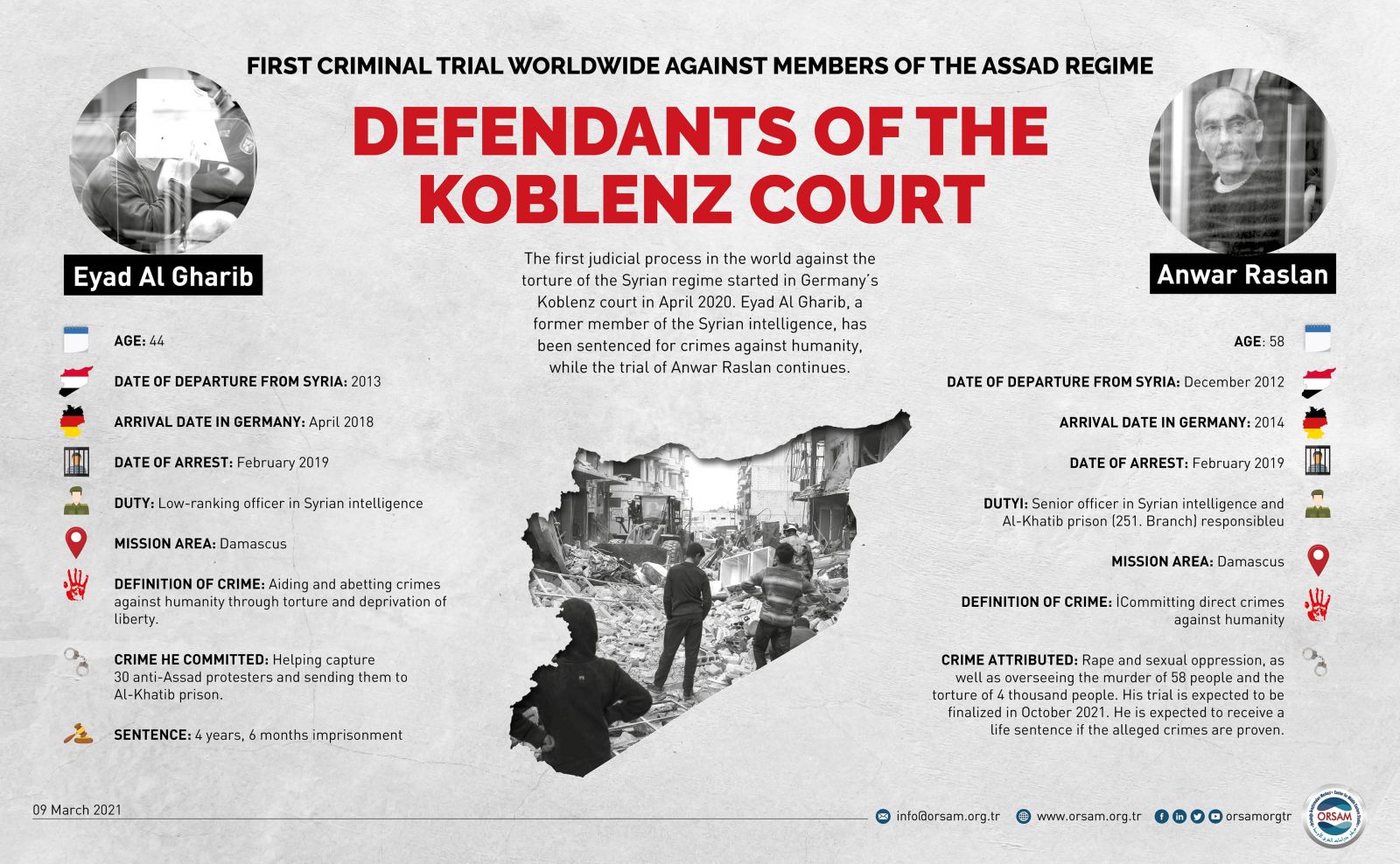
The Possible Process After the Koblenz Trial
The applications made to the ICC regarding the war crimes committed by the al-Assad regime have been inconclusive after the UNSC did not obtain permission to investigate. In other words, the vetoes of Russia and China have blocked the trial of the al-Assad regime through this platform. However, countries with universal jurisdiction can initiate a legal process without the need for the approval of the UNSC since they have jurisdiction, regardless of where and by whom the crime was committed. Therefore, Germany, using this authority, took action against the members of the al-Assad regime, arrested Eyad al-Gharib and Anwar Raslan, and tried them. Considering this situation, it is theoretically possible for other countries such as Germany, which have universal jurisdiction, to take steps in this direction. The political opponents, who could not get results from the ICC, continue their search for a law by making separate applications to the countries which have universal jurisdiction. At this point, after the conclusion of Eyad al-Ghraib's trial in Germany, the opposition immediately took action and made initiatives in France, which is one of the countries with universal jurisdiction. Three non-governmental organizations citing the fact that the chemical attack organized by the al-Assad regime in Eastern Ghouta in 2013 was a war crime and a crime against humanity, submitted evidence to the Paris Judicial Court on March 1, 2021, and demanded that the al-Assad regime be put on trial.
In addition to the ongoing process in Koblenz, trials against the al-Assad regime officials are also continuing in France, England, Austria, Sweden, and Norway. In addition, it is seen that some legal processes regarding the crimes committed by the regime against humanity continue in Spain, Italy, and Belgium. Therefore, it can be said that the decision made in the Koblenz trial is a precursor and can be established as an example for the cases against the al-Assad regime in other European countries. The belief of the war crime victims that the crimes committed by the Assad regime will not go unpunished has re-emerged with the decision taken in Koblenz. Therefore, it is possible to open new cases against the al-Assad regime in many countries of the world, especially in European countries.
Bringing new lawsuits against the regime may also initiate a process where former regime officials who took refuge in European countries report about each other to authorities. It is known that al-Gharib collaborated with German authorities in Koblenz about Anwar Raslan. It was stated by the lawyers of al-Ghraib that this situation should be taken into consideration by the court committee as a mitigating reason for the sentence to be taken by al-Gharib, and al-Gharib, who was expected to be sentenced to five and a half years, was sentenced to four and a half years. Therefore, it is thought that, with the statements of the former officials of the regime about each other, the investigations will deepen further and important evidence will be reached about the regime members.
The Effect of the Photos Leaked by Caesar on the Process
The photographs taken by the Syrian military police with the code name Caesar, which revealed the crimes and torture of humanity committed by the al-Assad regime in Syria to the world public opinion, were presented as evidence in Koblenz. 6.786 of more than 500 thousand photographs taken by Caesar belong to people starved to death or killed by torture by the regime. All these photographs were examined by the forensic scientist Markus Rothschild and the court was given the opinion that they could be used as very important concrete evidence in the case. Thus, the first step was taken to use these photographs as concrete evidence in the legal processes initiated against the al-Assad regime's war crimes and crimes against humanity. In addition to the witness’s acknowledgment, these photographs taken by Caesar will have critical importance in the course of the legal process in terms of proving the crimes attributed to the defendants.
Conclusion
Although the legal process that started with the Koblenz trial against the members of the al-Assad regime was welcomed by the war victims, it should be considered that this process has some risks. Considering the fact that the witnesses in the Koblenz hearing had to give their statements by covering their faces, it is likely that the emergence of the identities of these people will create a security problem for both themselves and their relatives staying in Syria. In other words, the possibility that any situation related to the disclosure of the identities of the witnesses will lead to new tragedies while the legal process continues is an important issue to be taken into consideration.
Although the importance of the legal process in Koblenz is evaluated on the basis that the war crimes committed by the regime will not go unpunished, one of the effects of this process may be at the point of contributing to the political solution of the Syrian crisis. Considering that the Geneva and Astana platforms and the ongoing processes in the Constitutional Committee, it is difficult to say that the Damascus administration has a political attitude focused on a political solution. The addition of the regime's reluctant attitudes towards a political solution to war crimes and crimes against humanity committed during the civil war may draw the reaction of international public opinion. Therefore, one of the most important moves of the Damascus administration, which is expected to seek to mitigate the effects of the legal process that started in Koblenz, may be to make some concessions on the point of a political solution.


